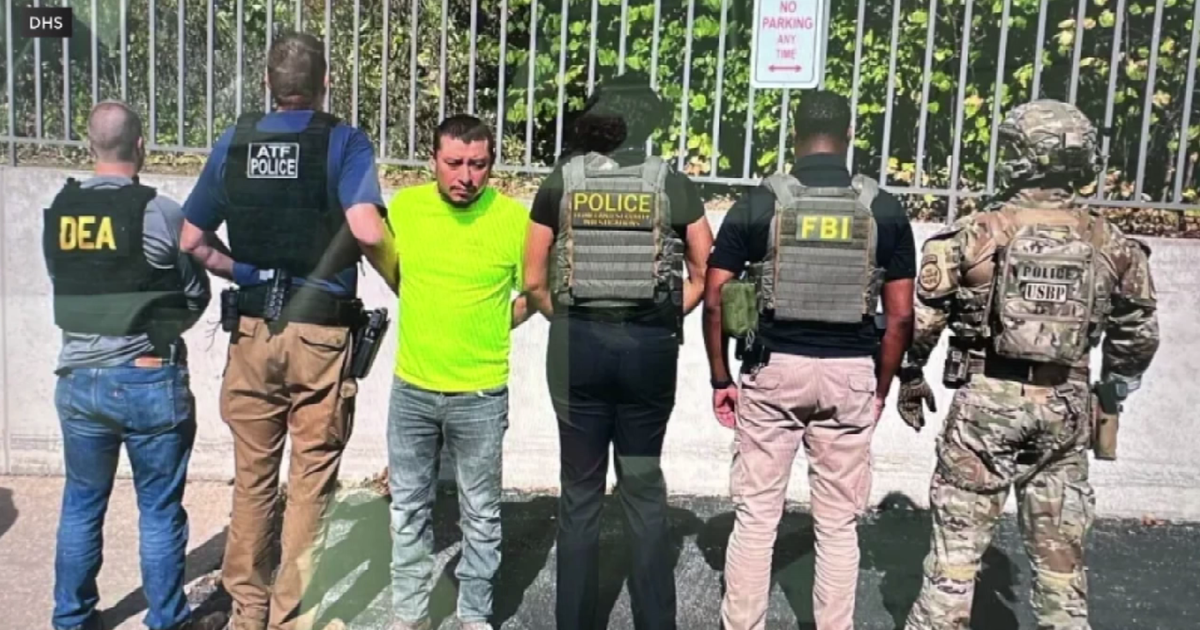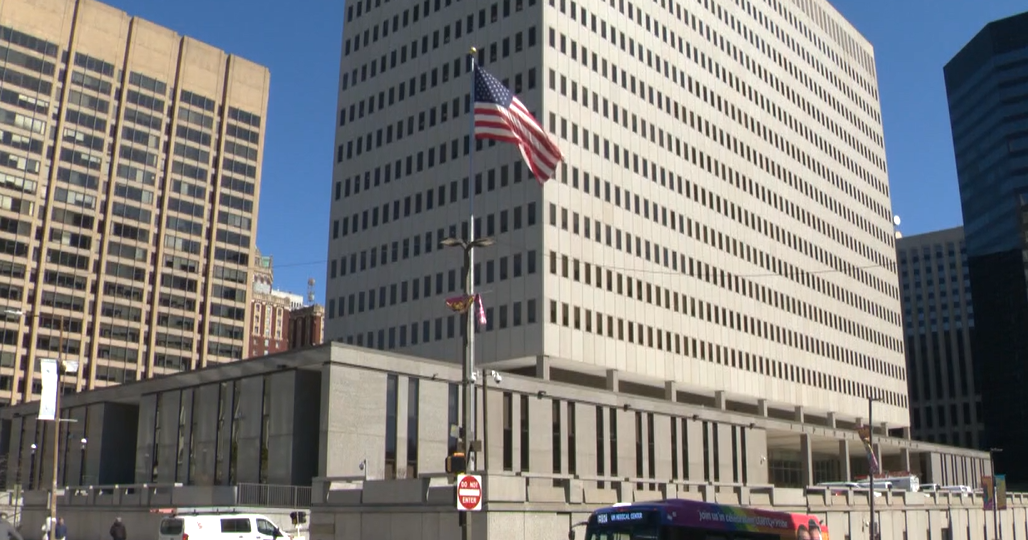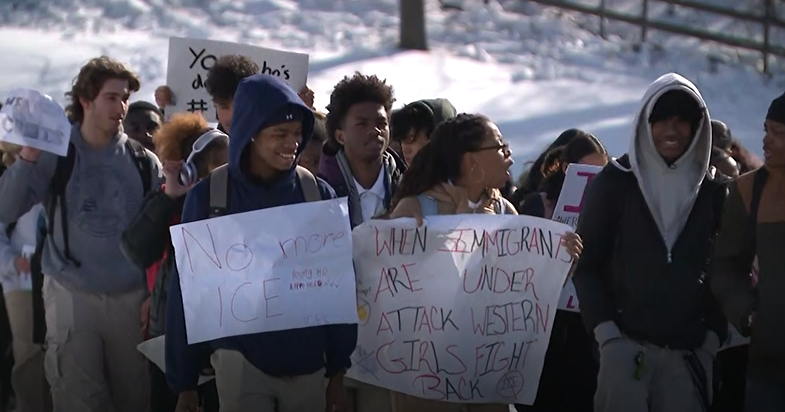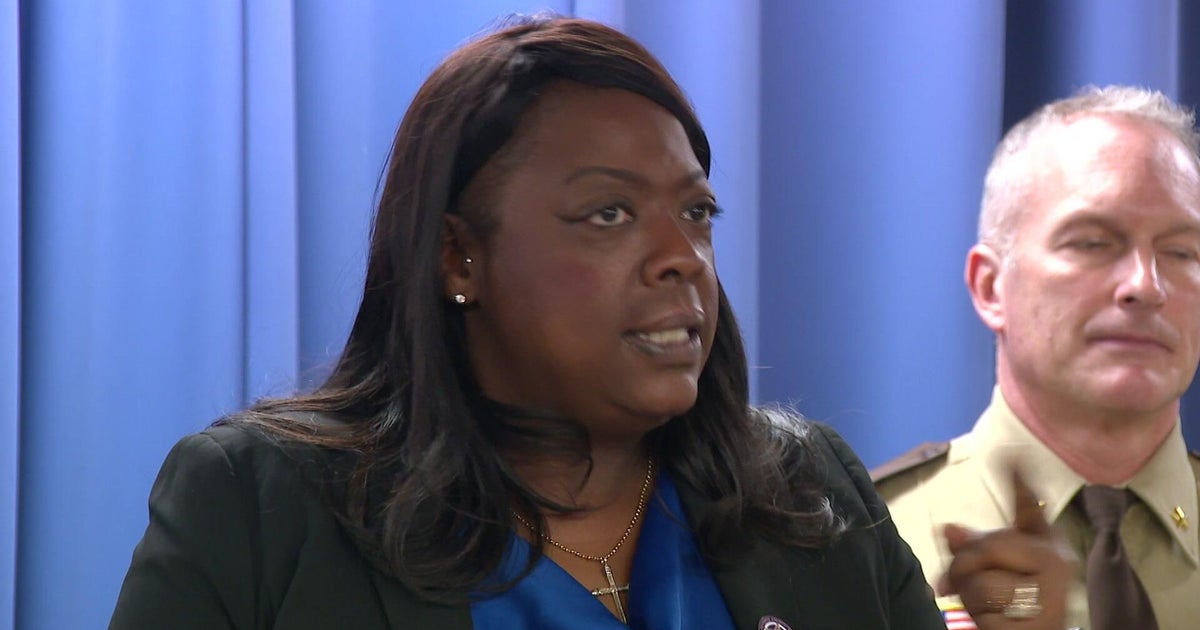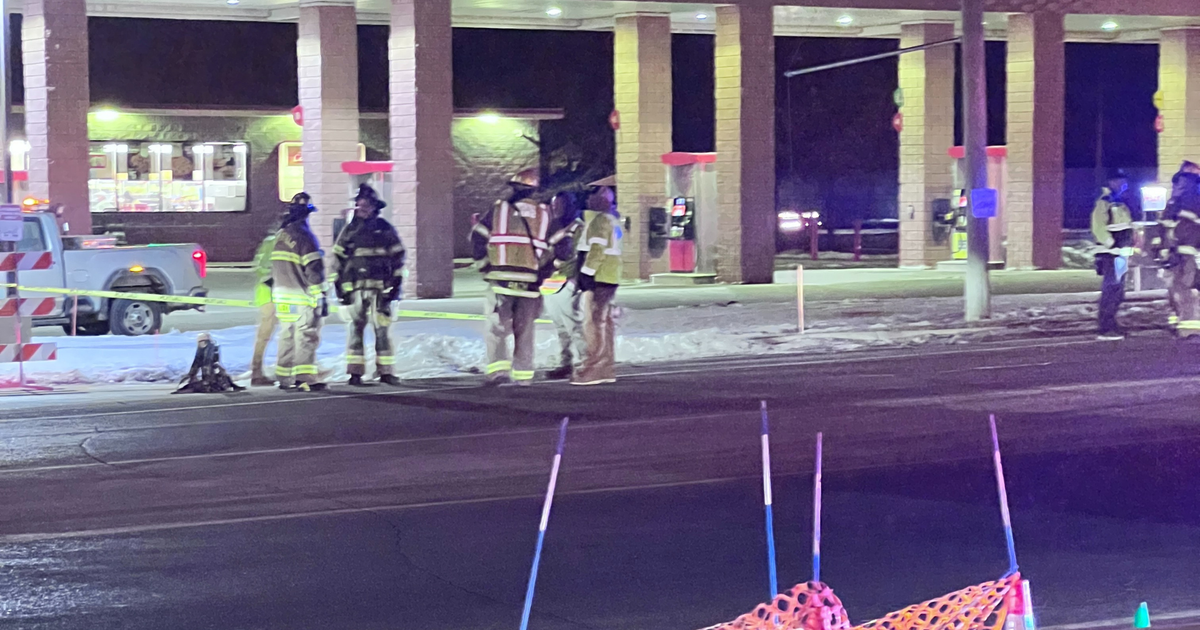Motion To Drop Charges In NSA Leaks Case Denied
BALTIMORE (AP) -- A federal judge refused to dismiss five of the 10 charges against a former National Security Agency employee accused of mishandling classified information and delayed a decision on how classified documents will be handled at trial.
Thomas Drake's defense argued Thursday that the five counts of willful retention of national defense information were
unconstitutionally vague and broad.
The two sides argued a number of motions before U.S. District Judge Richard D. Bennett. The judge repeatedly asked public defender James Wyda about a federal whistleblower act that lets government employees to report fraud and abuse.
Wyda said Drake was involved in an investigation of the agency and did use the whistleblower system but he still was within his rights to talk to the press.
"Going to a newspaper reporter to complain about the NSA is constitutionally protected activity," Wyda told the judge.
Bennett refused to dismiss the charges saying the case law was clear, Drake had signed nondisclosure agreements and his status as "whistleblower does not provide him Constitutional ammunition."
Drake faces 10 counts. Other counts charge him with making false statements to investigators and obstructing justice.
Drake was charged after an investigation into leaks of classified information to a newspaper. His supporters claim he's being punished for blowing the whistle on inefficiencies and mismanagement at the NSA.
Bennett said the trial is expected to take about two weeks in June, but both sides must first hold a closed hearing on what classified documents will need to be presented.
The judge also heard arguments on what aspects of the NSA investigation will be allowed at trial, and the defense indicated it will be a part of their case. The judge also heard arguments about how to hear testimony about classified materials, but did not decide.
Department of Justice attorney William Welch argued in favor of a "silent witness" system in which classified documents would be used in court, but attorneys and witnesses would use code words when discussing various aspects.
Public defender Deborah Boardman said the system was "fraught with constitutional peril" and would keep the public in the dark while hampering the defense's questioning ability.
"The public will be sitting here ignorant of the contents of the document. And then on cross-examination, there is no effective way to confront the witness," she said.
(Copyright 2011 by The Associated Press. All Rights Reserved.)
